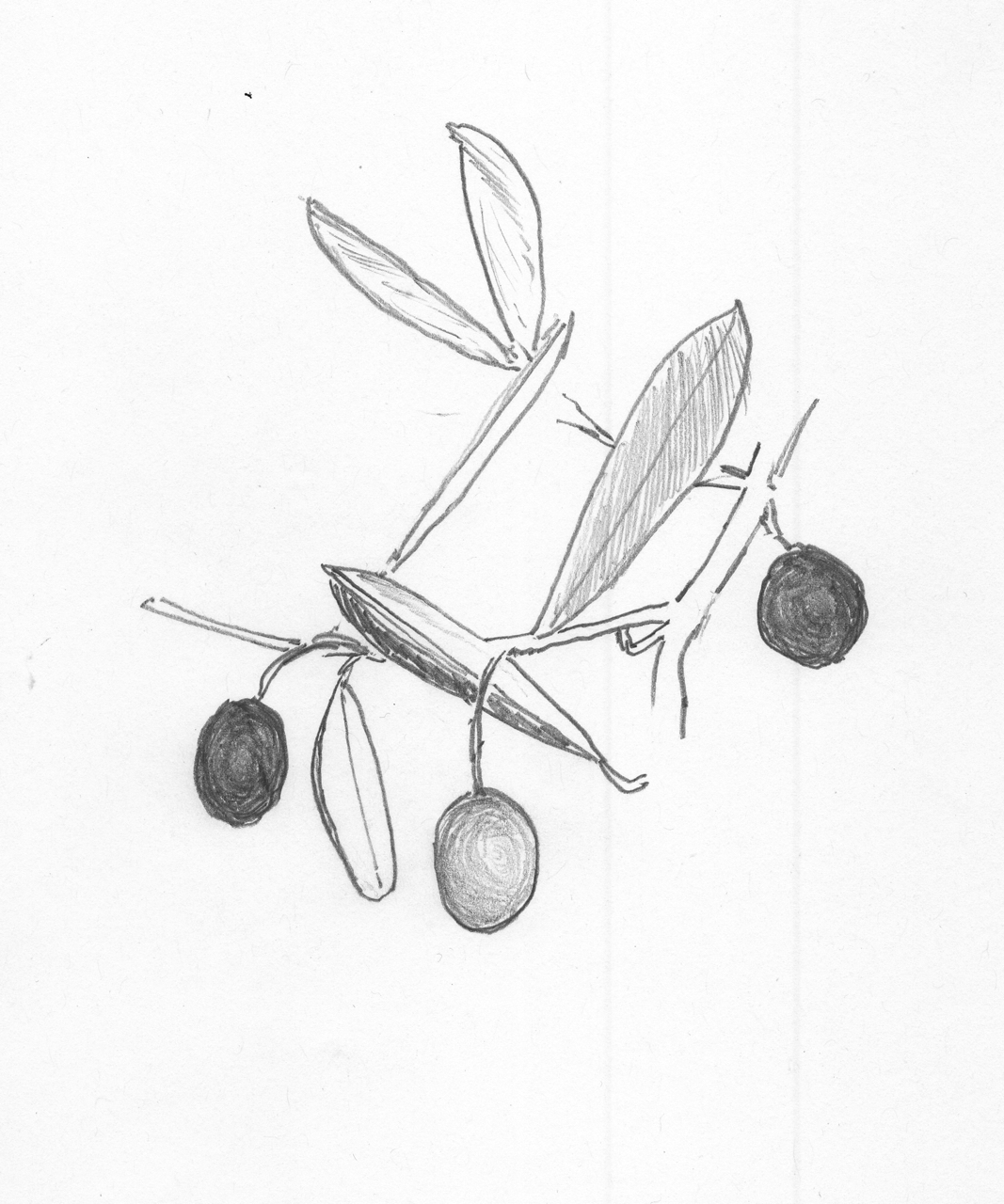 It’s fun putting records out. Never will I tire of the feeling one gets when holding the finished physical product in one’s hands for the first time, and seeing – however ridiculously, indefensibly, theoretically insupportably – a certain solidity to one’s achievement. It’s funny how closely it seems to resemble the feeling one had as a fourteen-year-old holding the Hoodoo Gurus LP that one had bought with one’s own little bit of money from the shop in Cotham Road, now many years gone, that had so many tempting and wonderful things from which to choose. (That particular record had, written in small letters on the back, ‘If you enjoyed this album, please help the band: get your friends to buy a copy not tape yours.’ How little, you might say, they knew.)
It’s fun putting records out. Never will I tire of the feeling one gets when holding the finished physical product in one’s hands for the first time, and seeing – however ridiculously, indefensibly, theoretically insupportably – a certain solidity to one’s achievement. It’s funny how closely it seems to resemble the feeling one had as a fourteen-year-old holding the Hoodoo Gurus LP that one had bought with one’s own little bit of money from the shop in Cotham Road, now many years gone, that had so many tempting and wonderful things from which to choose. (That particular record had, written in small letters on the back, ‘If you enjoyed this album, please help the band: get your friends to buy a copy not tape yours.’ How little, you might say, they knew.)
The first album on which I appeared is about to celebrate its twentieth birthday: King, dude and dunce by Browne – Haywood – Stevens was recorded, initially as a radio session for Jim McLeod’s Jazztrack, on May 8 and 9, 1995. It didn’t appear on CD until the following year, but that’s as old as it is. Just as I felt when first I saw KDD as a CD to be launched into the world, I look at my newly minted copies of I’ll tell you later and swell with that little pride, that slight nervousness, that peculiar feeling a bit like guilt, but that happiness. The record is done, the record is out.
I have said already that this is the most personal music I’ve yet made. I can’t expect anyone to get it, really, although when I say that I’m instinctively (and disgracefully) prioritising my own conception of it above anyone else’s. People always make their own meaning, and that’s obviously as it should be; no-one could be expected to relate this to their experience the way I relate it to mine. No-one else has had exactly my experience.
But the music comes out of experience, and this music more obviously – more programmatically, even – than anything else I’ve done. A little while ago I wrote something called ‘Everyone is an autoethnographer’, that was posted briefly and then withdrawn, because I felt what I’d said could probably be said better, and I was in two minds about whether I needed to say it at all.* But here’s what I think: whereas autoethnography is enjoying a festival of currency in graduate music education, I wonder whether it’s really what academic research needs to be about. In fact, I think it might better be the normalised mode of enquiry for the entry-level musician who wishes to make any meaningful contribution, mindful of context and experience and community and authentic creativity. Authenticity here not to some notion of the creative, but to the self. One’s own thing. The work done after rigorous self-critique, assessment of influence, development of technique, and communion with place. Know why it is you feel you have to play Scriabin, or Joplin, or Adams or Mozart or Lutoslawski – or your own stuff. Listen to your sound and ask whether it’s right for what you’re hearing inside. Imitate when there’s something worthwhile to be gained from imitating, other than sounding like someone else so you can convince listeners who themselves lack adventure. Grief, I could go on.
I’ll tell you later is my autoethnographic manifesto of the moment; it reaches back to the origins of much of what I hear and know, it talks of the time at which I was introduced to music. Music as a thing, but as a contextualised thing, a functioning thing, a thing with consequences for individual people. I’m very proud of it but I couldn’t for a moment think it deserved a higher degree. It’s something quite different. So in the light of this, to say nothing of my already having one, I shan’t be taking it to the uni. It exists as part of an ongoing inquiry, a personal testimony, a journey. Bits of which are really, truly fun.
And it’s here if you want to check it out.
*EDIT: I put it up again.
11/iv/2015